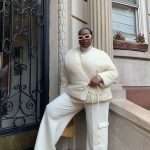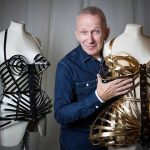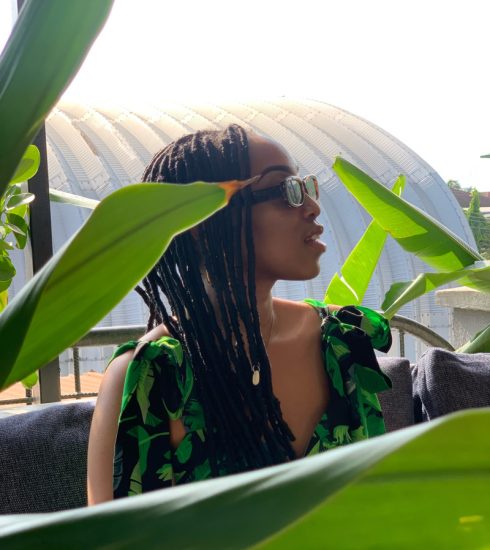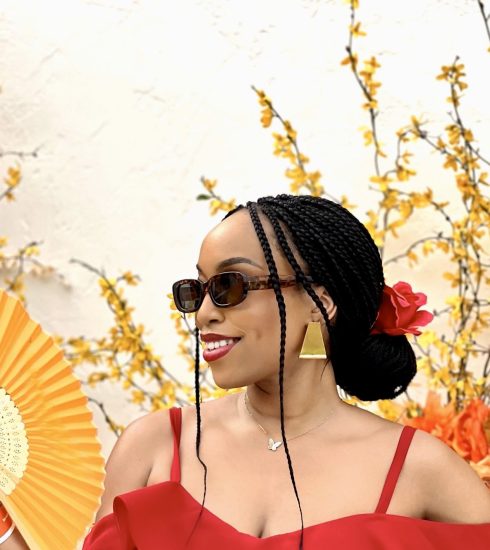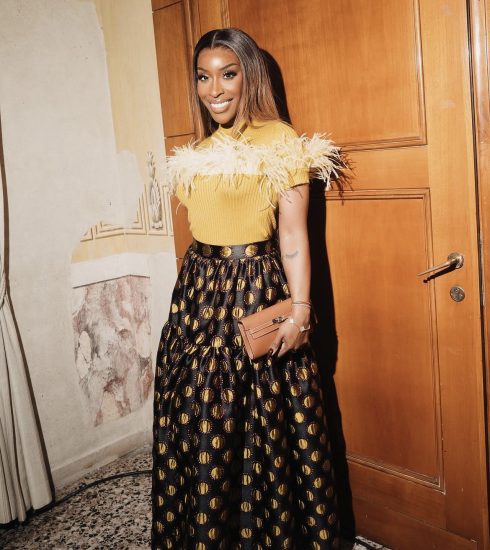Sometimes, You Are The Problem: You’re The Villain in Your Story
Not every time “e be like say your village people dey worry you”, but sometimes “e be like say you use your hand do yourself”. Take accountability for your responsibility in the calamity. Quote me.
But really, why do we sometimes lie to ourselves that we’re faultless victims when, in fact, we had a part to play in our own mess? It’s easy to blame others—I know; I’ve been there. And sometimes, we are actually victims, but what is so wrong with owning up to our mistakes and accepting that we can be better?
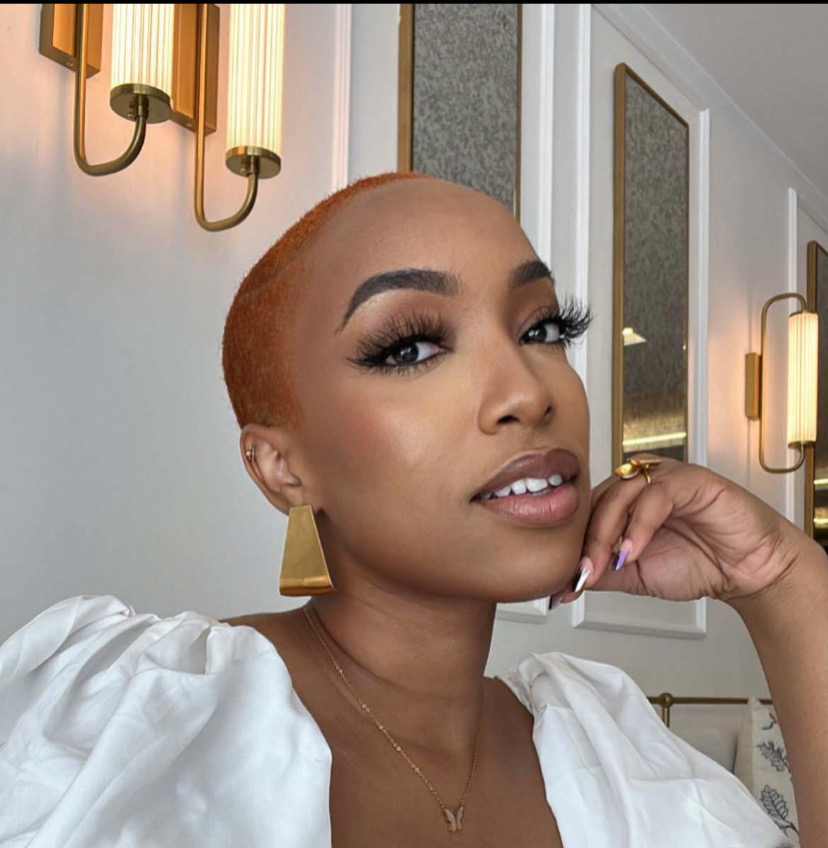
With time, experience, and maturity, you get to a level of self-awareness that urges you to observe your life from the outside. You start to question your choices and thought processes when making decisions. You manage your reactions better and check that your actions align with what you want to achieve— a better you. You see that the common denominator in all the events of your life is you, and when things don’t go how you want, you have to check for and accept your role in that outcome while making sure you take the lessons the experiences bring. Simply put, you cannot expect to plant apple seeds and reap coconuts at harvest (unless perhaps you suffer from coconut head syndrome).
There’s immense power in recognising and taking accountability for the role we play in some of the unpleasant outcomes or issues we encounter in life. Whether it’s by acknowledging our mistakes, accepting our contributions to conflicts, or actively seeking solutions or clarity, embracing accountability can lead to intense personal growth, stronger relationships, and a more fulfilling life. After all, you can’t make changes until you recognise that there is a problem, and doing that requires a lot of honesty from you.
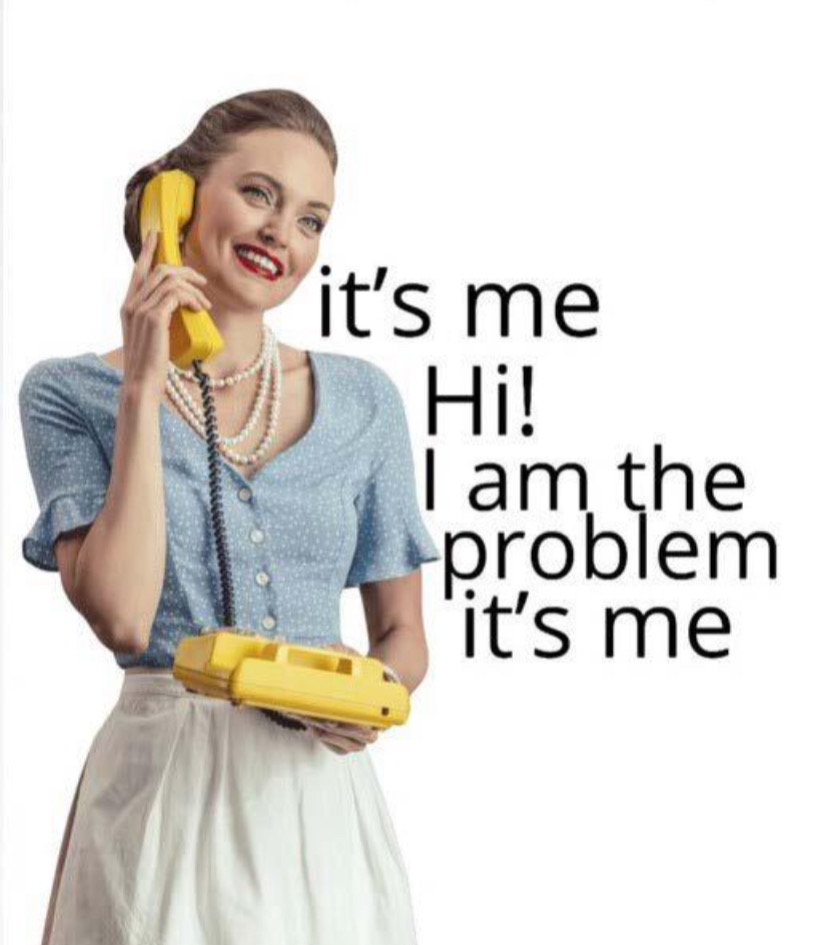
One of my favourite cousins Omozo owns a natural hair salon and is generally passionate about healthy hair practices, either with chemicals or natural ingredients. She often gives talks about the topic and one-on-one consultations to help women who have personal hair goals. Something Omozo always says is, “If you want healthy hair, you have to be willing to do healthy things”, and I think this applies to so many other things in our lives. These women come to her because they’ve identified the problem and the part they played in getting their hair to the state it’s in now. They’ve also realised they might not be able to reach their goals all on their own, so they’ve sought help. But there has to be a willingness; that’s the key factor, your mindset towards self-growth and improvement.
There are questions I think we need to ask ourselves often. What are the difficulties you’re having in your life, and what part did you play in getting yourself there? What steps are you taking to find solutions and make changes? Can you do this on your own, or do you need help? Check in with yourself and answer these questions; you just might uncover the secret to changing your life for the better. I think this is where self-reflection, journaling and therapy come in.
Not doing this can lead to more harm than good in the long run, so think of it as another form of self-care and do your future self a favour: Take care of yourself.
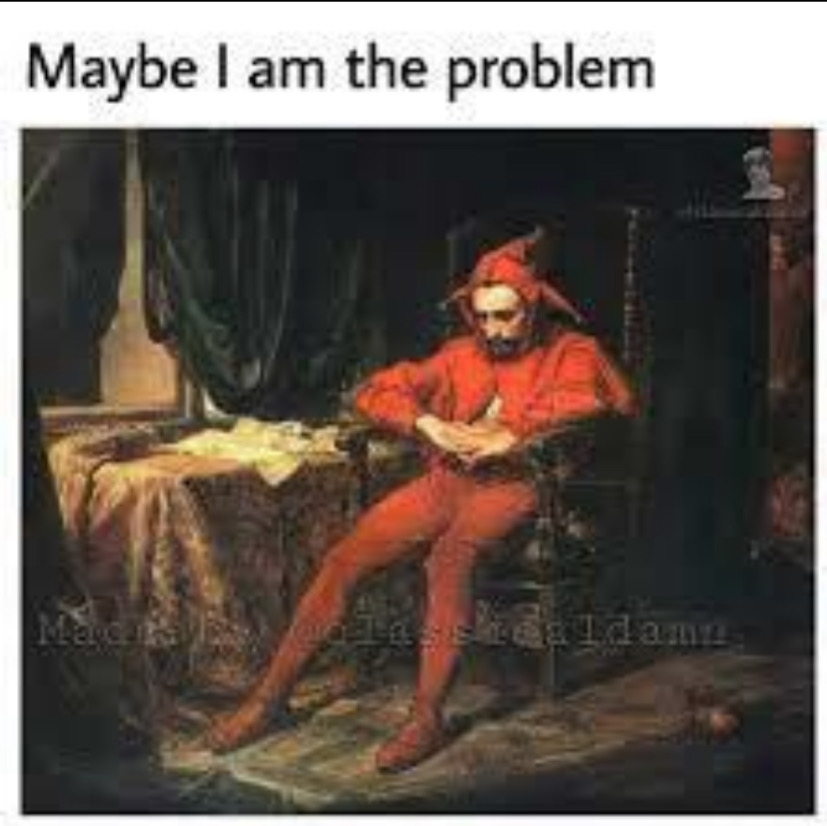
SGD Spotlight:
Slang of the week: Coconut head
Someone who refuses to understand or accept new information and, or change their stance when they receive new information.
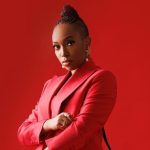
Eki Ogunbor has a Vogue Fashion Certificate from Conde Nast College of Fashion & Design and also attended Central Saint Martins, London College of Fashion and the University of Kent. Eki headed the Design Operations at a top Nigerian womenswear fashion brand before developing her own brand, KISARA. She is the Editor-At-Large at THEWILL DOWNTOWN.


